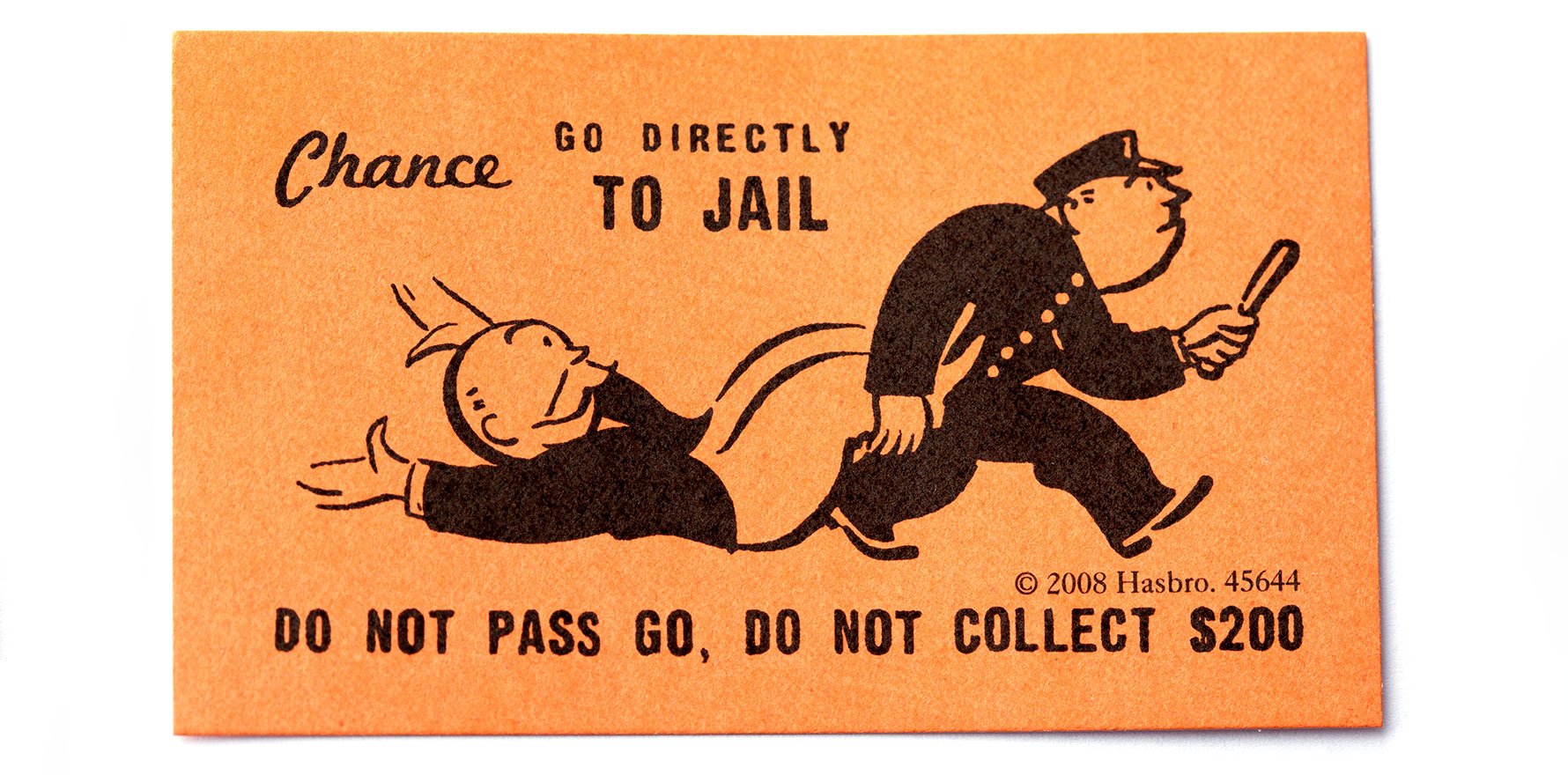The pharmacy group hopes to mobilise anti-Labor votes at the Dunkley byelection, though a planned jellybean offensive has been abandoned.
The range of medications eligible for double dispensing has expanded, as one pharmacy group seeks electoral vengeance on the Labor federal government for introducing the policy.
The list now includes 239 new drugs or new formulations or combinations, though prescribers may still write a 30-day prescription at their clinical discretion.
The PBS restriction for all 60-day dispensing drugs now includes the clinical criterion: “The condition must be stable for the doctor to consider the listed maximum quantity of this medicine suitable for this patient.”
The patients set to benefit most are those with type 2 diabetes, with the inclusion of metformin along with several SGLT2 inhibitors and DPP4 drugs; those taking hormones for menopause, with estradiol, medroxyprogesterone and testosterone; those with breast cancer – tamoxifen and letrozole; and epilepsy – topiramate, valproate, lacosamide and several others.
The list also includes immunosuppressants methotrexate, cortisone, dexamethasone, prednisone and prednisolone, as well as olmesartan for hypertension and spironolactone for hypertension and heart failure.
No antidepressants are yet included, but a third tranche of eligible medicines is still being finalised.
“The fundamental principle of the new policy is that patients will only pay one co-payment instead of two,” according to a detailed FAQ on the DoHAC website.
“It is estimated that when fully implemented, more than 6 million Australians will lower their annual medicine cost and may need fewer visits to their prescriber and pharmacist.”
One of the frequently asked questions is: “Some chemists have ‘forgotten’ to provide repeat tokens to patients, will there be a way to circumvent this?”
The answer is that patients have the freedom to take their prescriptions “to any pharmacy of their choice”, and that pharmacists may not withhold a prescription or repeat in the absence of a patient request or safety concerns.
Pharmacists have the right to decline to supply any medicine they believe is unsafe or inappropriate, “even if the prescriber is not in agreement”, but they must record their justification in dispensing software.
The department says it has liaised with patient management software vendors and the changes to ensure appropriate updates.
The Eighth Community Pharmacy Agreement was due to come into effect today, but yesterday Health Minister Mark Butler said it was still being negotiated.
“We both really want a deal,” he told media. “But this is complex material. You know, we are working through it. We’ve both devoted very substantial resources to the negotiation process, and it’s still under way.”
Meanwhile, the vocal anti-60-day-dispensing group CAPS will show up in force to the Dunkley byelection this weekend in a bid to encourage the public to preference Labor last.
Although there have been reports that CAPS planned to distribute bags of Glucojel jellybeans with stickers urging voters to put Labor last, a spokesman for the group confirmed that this would not be going ahead.
It’s not clear why the plan was dropped, but The Medical Republic understands that it would not be technically illegal to give voters politically-charged jellybeans.
Related
While the electoral bribery offence in s36 of the Electoral Act does prohibit people from giving or conferring any property or benefit with the intention of influencing the vote of another person at a federal election, promotional materials and hospitality products are excluded.
“While the AEC advises individuals and entities against providing hospitality to electors at a polling place, this behaviour will not meet the criminal standard for electoral bribery,” an Australian Electoral Commission spokesman told TMR.
The only jellybeans that will be present at the booths, CAPS spokesman Peppe Raso told TMR, will be in the hands of tired pharmacists trying to keep up their blood sugar.
CAPS, which is a resurrected iteration of a Pharmacy Guild splinter group from the 1980s, has been furiously lobbying against changes to dispensing rules since the policy was unveiled last year.
Most notably, pharmacists involved in the group staged a protest at parliament house last year.
Mr Raso said the Dunkley byelection was “a progress vote for the government” and that Canberra needed to understand that the health sector was unhappy.
“It’s not just pharmacy – it’s vaping, it’s bulk billing, accessibility to doctors and hospitals, urgent care clinics that have been set up and aren’t doing their job, it’s the Health Minister telling patients to ring around if their GP is not bulk billing,” Mr Raso said.
“We have a Health Minister who is not really aware of what it means to have optimal healthcare in Australia.”
The group no longer holds out hope that 60-day dispensing will be entirely rolled back. Mr Raso said it aimed to get the government to double the dispensing fee for all 60-day prescriptions, which would effectively negate any government savings from the measure.






